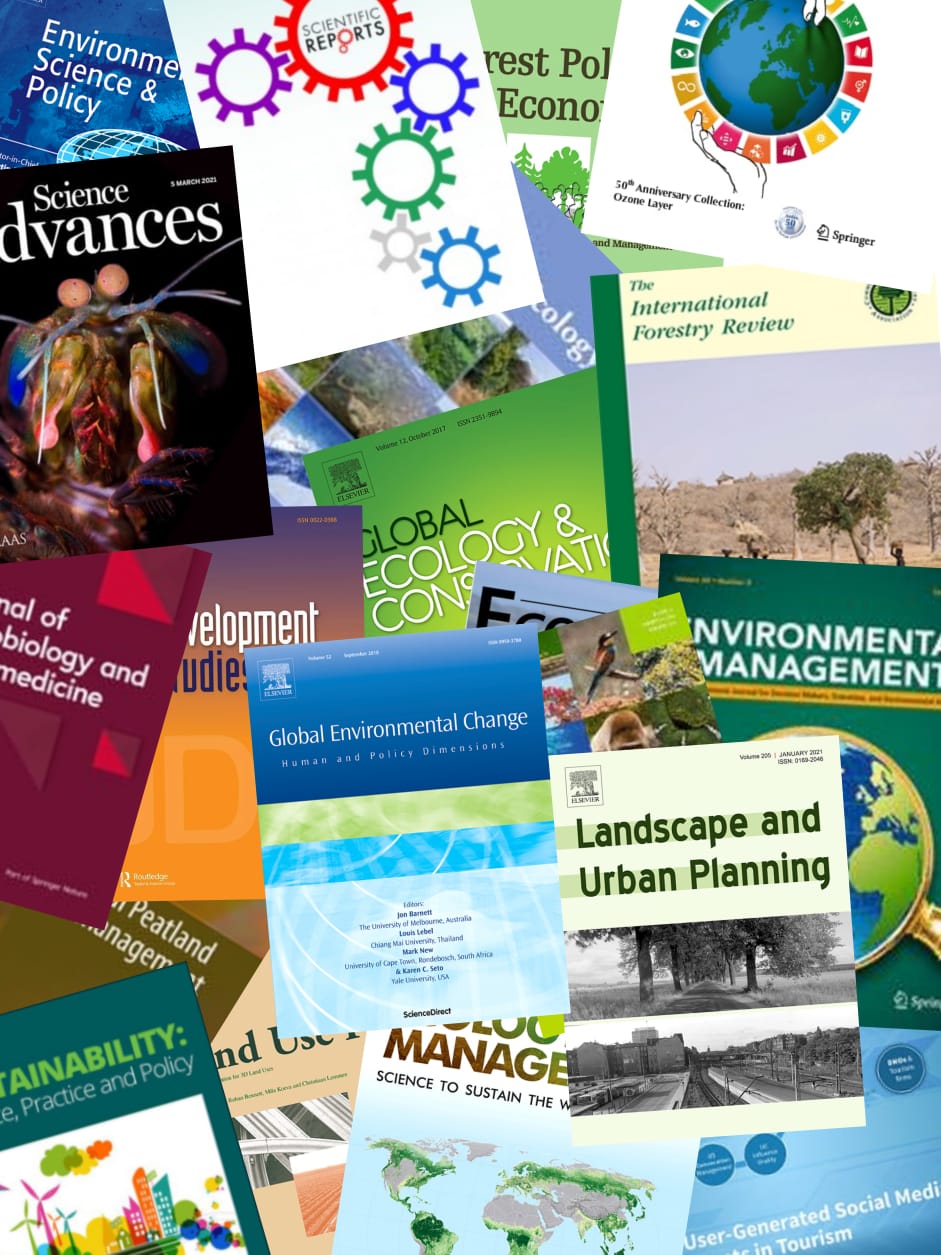Fr. Shay Cullen of the Preda Center, Upper Kalaklan, Olongapo City, Philippines, wrote in a newsletter in September 2009 his views on the state of the environment: “Greed is the guru of growth but soon it causes us to burst our britches with the economic obesity that is alternately causing the planet to burn, the ice caps to melt, the oceans to rise, the land to perish in drought and then to drown in storms and typhoons. Millions of plants and animals are going extinct, and poor hungry sick people shrivel, starve, drown and die in the millions. Growth, is it worth it after all? These sentiments express the concerns regarding some of the pressing global issues of the twenty-first century. Driven by the growth in population projected to increase from 6.7 billion in 2009 to 9.2 billion in 2050 and 10 billion in 2100, urgent global issues facing humanity are: (1) food insecurity affecting 1020 million people in South Asia, Sub-Saharan Africa, the Caribbean, and other developing and developed countries; (2) rising energy demand with focus on biofuels that compete for food grains (corn, soybean); (3) disruption in climate with attendant changes in temperature and precipitation, and increase in intensity and frequency of extreme events especially drought; (4) increase in extent and severity of soil degradation and desertification; (5) depletion and pollution/contamination of water resources; and (6) decline in biodiversity and extinction of some plant and animal species. The imbalance between people and natural resources has adversely impacted the ecosystem services, which are essential for the well-being not only of human life but also of all life forms on the planet. The root causes of these issues are land misuse and soil mismanagement leading to unsustainable and exploitative (extractive) use of natural resources. Similarly, water misuse and mismanagement also lead to waterlogging and salinization. Although the widespread adoption of scientifically proven technology is important, enhancing awareness about soil/land ethics is also essential in promoting sustainable use of soil, water, and other natural resources. Thus, the objective of this chapter is to discuss cultural and ethical views of ancient civilizations with regard to the sustainable use of natural resources in general and the world’s soil resources in particular. © 2010 by Taylor & Francis Group, LLC."
View source

